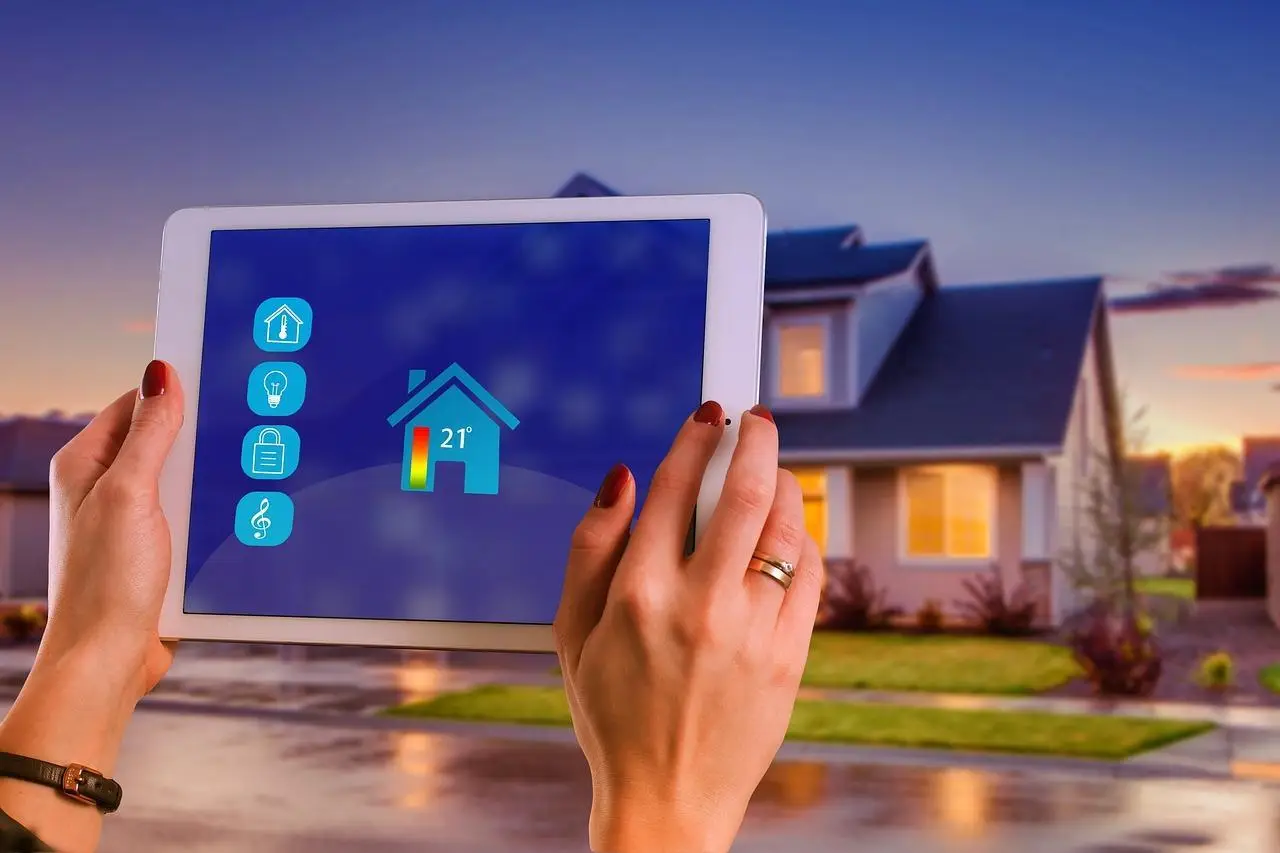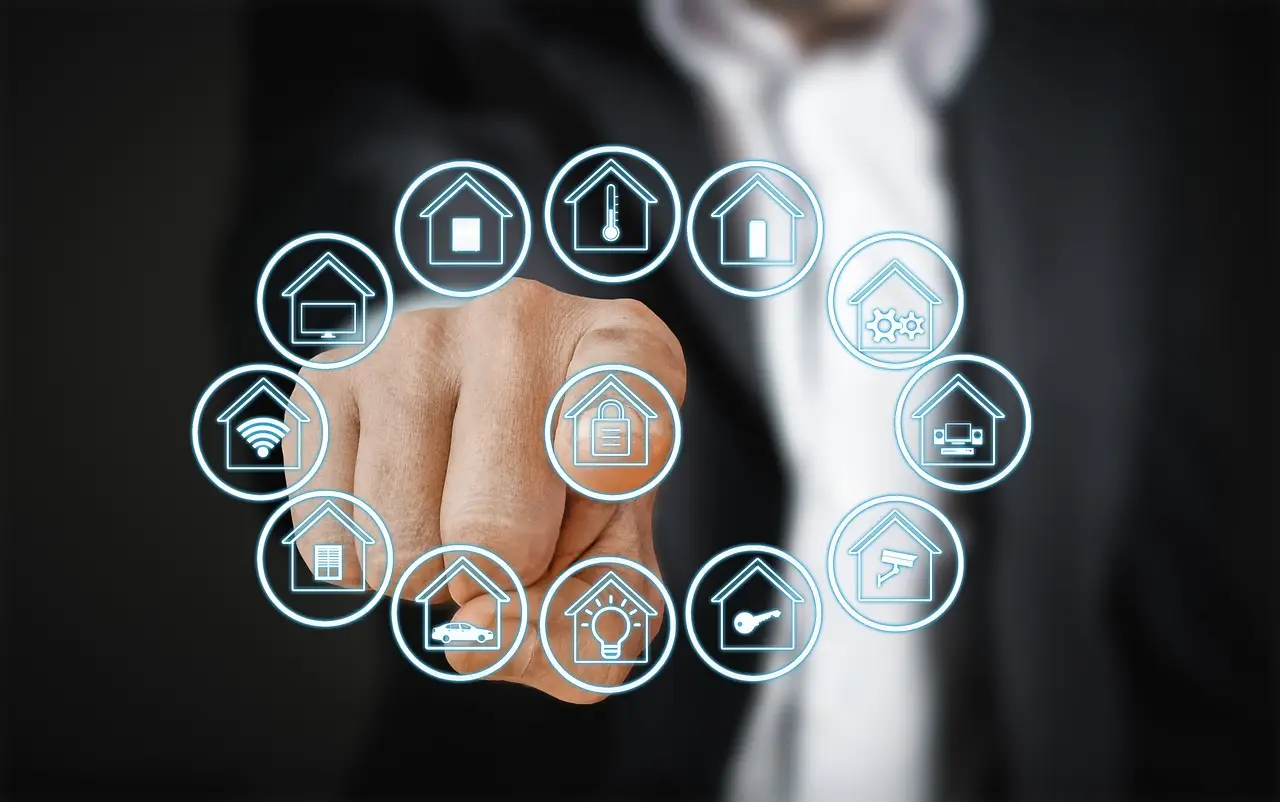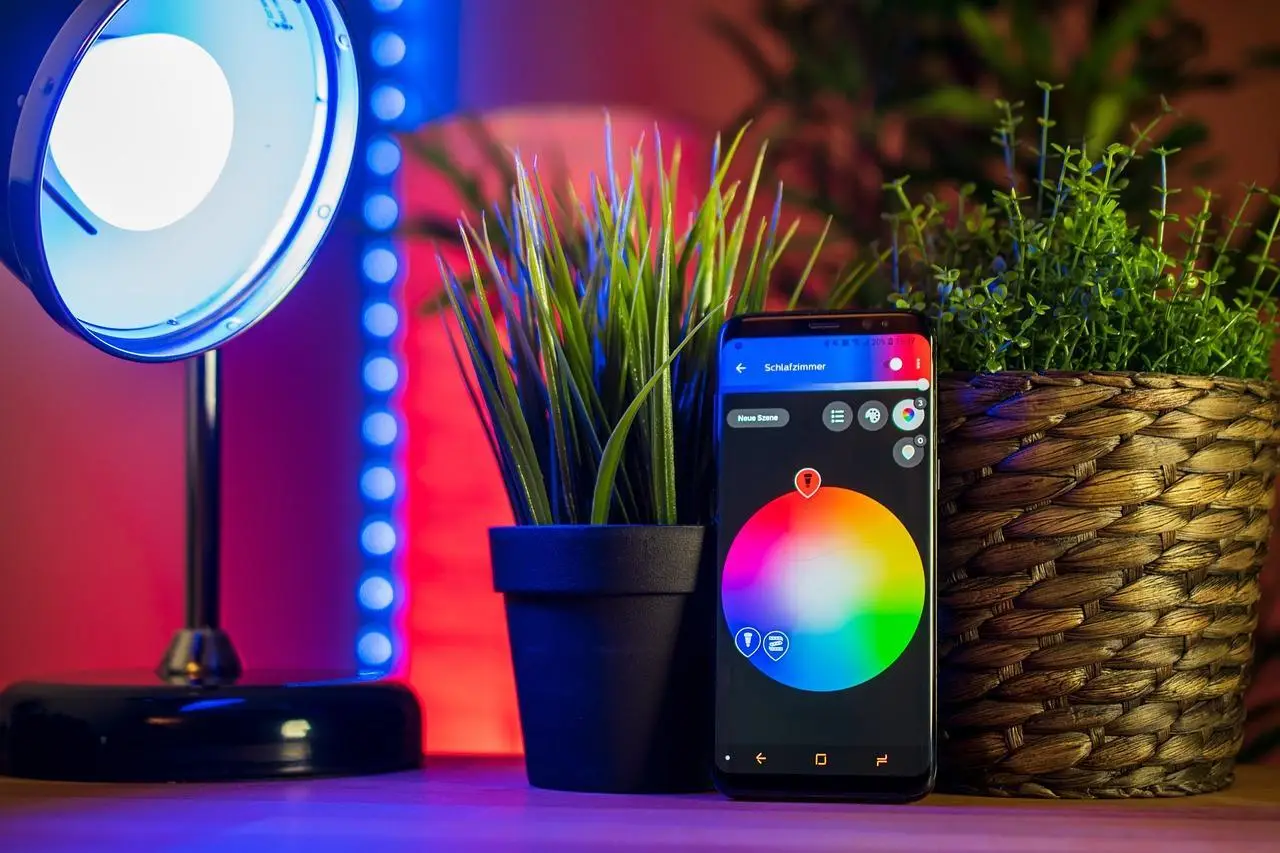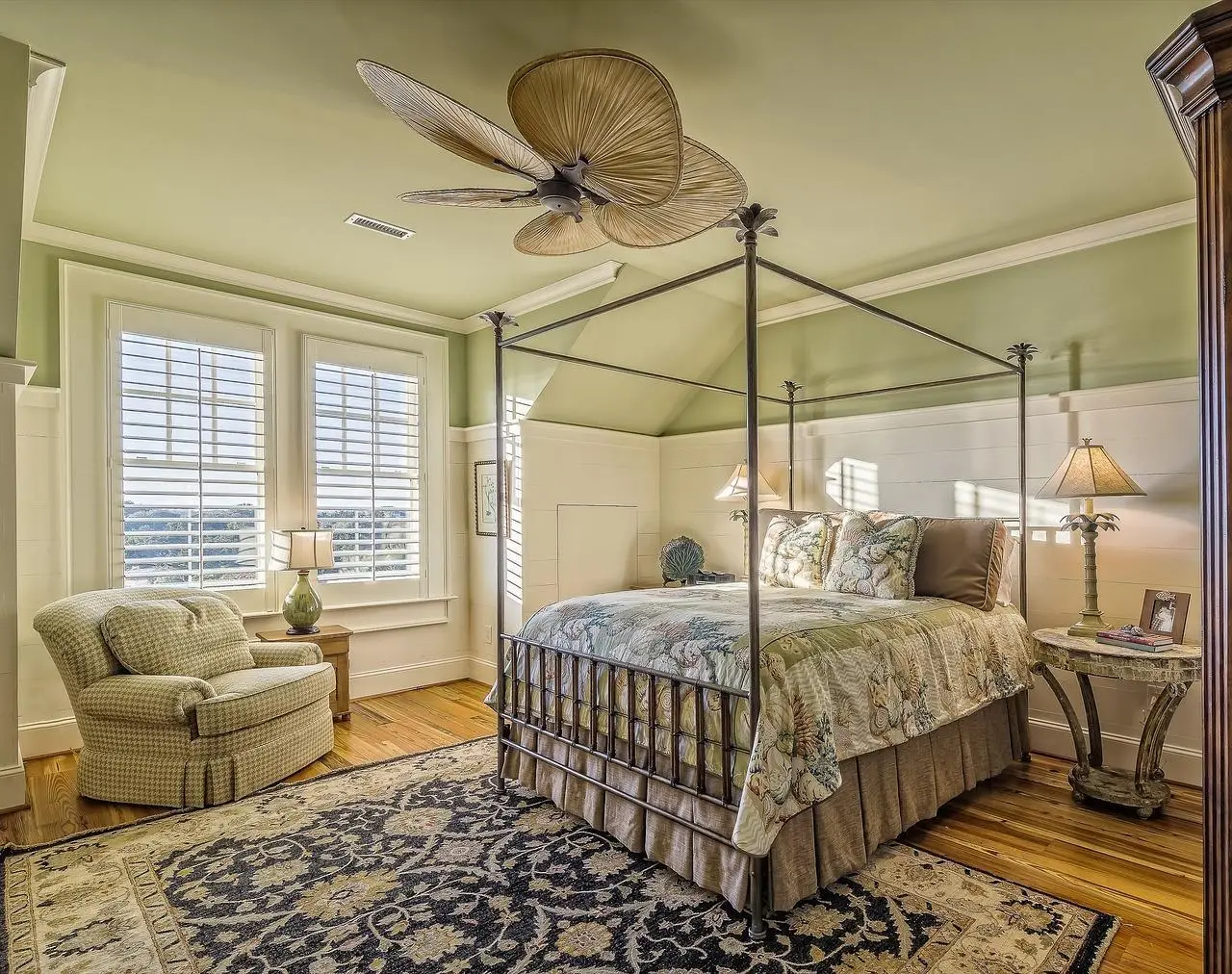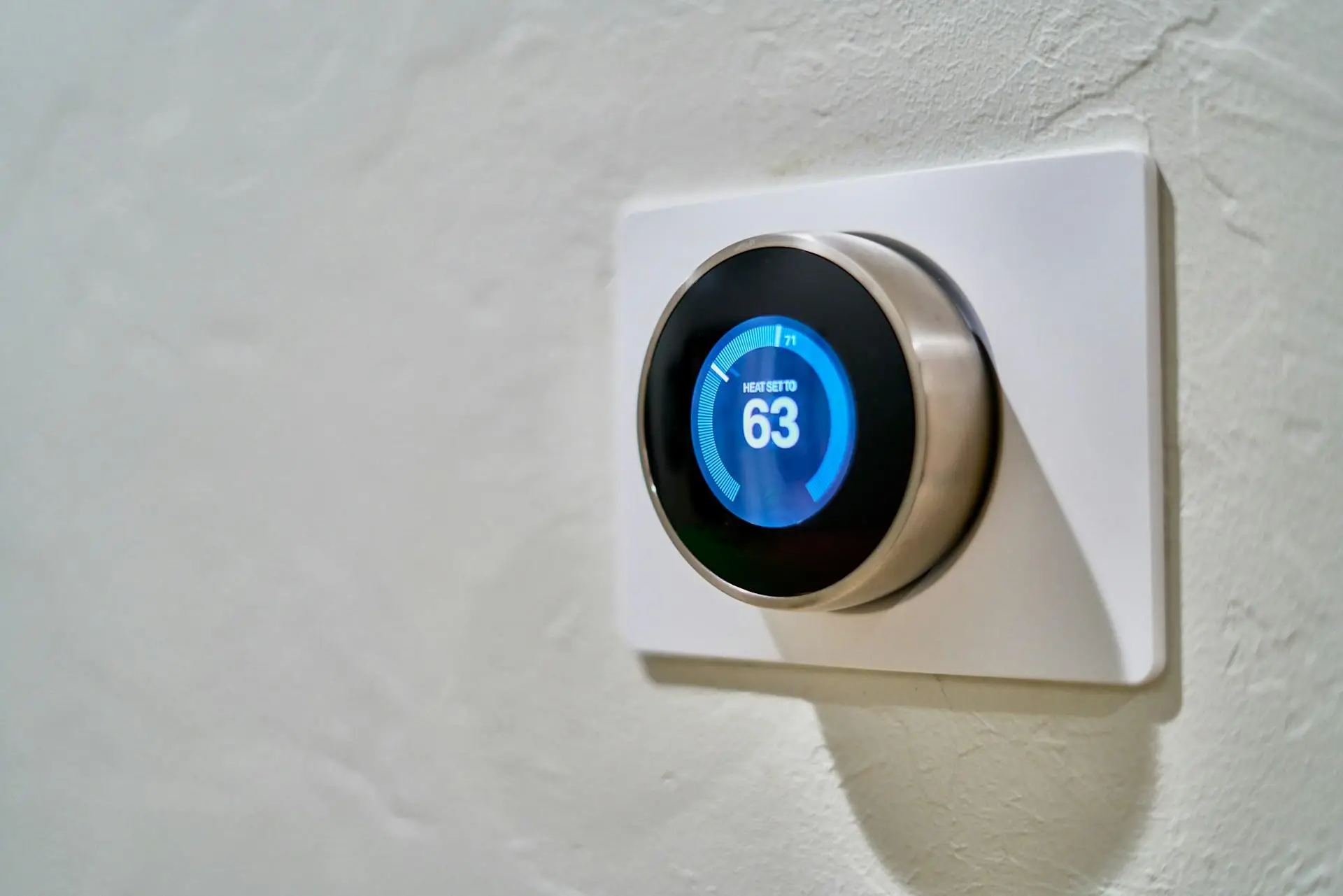Advancements in Home Security: Harnessing Smart Technology for a Safer Home
In an era where home safety is paramount, the implementation of cutting-edge solutions has become essential for homeowners. As the landscape of crime evolves, so too does the need for enhanced security measures. The rising prevalence of smart technology is reshaping the home security industry, providing innovative options that not only deter intruders but also enhance the overall safety experience. This article delves into the future of home security, highlighting the transformative role of smart solutions.
Understanding Smart Technology in Home Security
Smart technology encompasses a vast range of devices and systems designed to enhance everyday conveniences and security through connectivity. At the heart of this innovation is the Internet of Things (IoT), which allows various devices to connect and communicate seamlessly. This connectivity is vital in home security as it enables features such as remote monitoring, real-time alerts, and even automation of security routines based on user behavior.
When it comes to smart security devices, homeowners have access to an impressive array of options:
- Smart Cameras: These devices provide real-time video feeds to homeowners, enabling them to monitor their property from virtually anywhere.
- Smart Locks: Offering keyless entry solutions, smart locks can grant access to trusted individuals without physical keys.
- Alarm Systems: Modern alarm systems can detect unauthorized entries and send instant alerts to homeowners and security services.
- Smart Doorbells: Equipped with cameras and two-way audio, these devices allow homeowners to interact with visitors remotely.
Key Features of Smart Home Security Solutions
One of the standout advantages of smart home security solutions is remote monitoring and control. Homeowners can now access security feeds via mobile devices, enabling them to check on their property while away. Furthermore, real-time alerts ensure that any suspicious activities trigger immediate notifications, allowing for swift responses.
Automation and Smart Integration take home security to the next level. Devices can be integrated into broader smart home ecosystems, such as Google Home or Amazon Alexa, facilitating seamless interactions and automating routines. For instance, a homeowner could set their lights to illuminate at a certain time when they are away, simulating an occupied home.
Enhanced access control capabilities are another significant benefit. With keyless entry systems, homeowners can lock and unlock their doors remotely, while temporary access codes can be generated for guests. This feature ensures that access is easily managed without compromising security.
Additionally, smart security systems now provide advanced surveillance capabilities. Many devices boast night vision and motion detection, while AI-driven analytics can detect threats, allowing for advanced threat assessments and faster responses to potential harm.
Benefits of Smart Technology in Home Security
Implementing smart technology in home security offers myriad benefits. For homeowners, the most significant advantage is an increased sense of peace of mind. Knowing that their home is equipped with state-of-the-art security systems can ease anxiety about break-ins or emergencies.
Moreover, the improved response time to incidents thanks to real-time alerts can significantly mitigate damage or deter potential threats. Cost-effective solutions for long-term security are also a draw, as many smart devices often reduce the need for traditional monitoring services.
Another notable benefit is the customization offered by smart technology. Homeowners can tailor their security solutions to fit their unique needs, allowing for a personalized approach to home safety.
Challenges and Considerations
While the integration of smart technology into home security systems presents numerous advantages, certain challenges must be considered. Privacy concerns arise, particularly regarding data collection and usage. Smart devices often gather vast amounts of information, leading to worries about how this data is used and secured. Additionally, the risk of hacking and cyber threats looms large, as devices connected to the internet may be vulnerable to unauthorized access.
The dependence on technology also raises questions about reliability. Malfunctions or power outages can render smart security systems ineffective, highlighting the importance of having backup plans. Most systems require a stable internet connection, which can pose problems in areas prone to outages.
Finally, the cost considerations are essential. While smart security technologies have become more affordable, initial setup expenses can be high, alongside potential ongoing maintenance and subscription fees for cloud services.
The Future of Smart Home Security
As the world progresses, several trends are driving the evolution of smart security solutions. The integration of artificial intelligence (AI) and machine learning is particularly noteworthy. These technologies can enhance the capabilities of security devices by allowing for more accurate threat detection and improved user experiences.
The rise of DIY smart security systems also indicates an industry shift, enabling homeowners to take control of their security without expensive professional installations. This democratization of technology promises to increase accessibility and affordability for a wider range of consumers.
Looking ahead, expect advancements that will provide enhanced features for user experience. Increased accessibility will ensure that smart technology fits into any household, regardless of budget. Regulatory compliance and standards will also play a crucial role in shaping the future, providing guidelines to ensure that these technologies prioritize user safety and data privacy.
Embracing the Smart Solutions for a Safer Home
Homeowners stand at a pivotal junction, where the integration of smart technology presents an opportunity to enhance their security significantly. By embracing these innovative solutions, individuals can create a safer living environment tailored to their unique needs. The advantages—ranging from real-time monitoring and remote access to peace of mind—are compelling.
As smart technology continues to advance, it becomes increasingly clear that the future of home security will inherently rely on these innovations. Homeowners are encouraged to explore the vast offerings of smart security systems available today, ensuring their homes are not only safe but also smart. Investing in such technology is more than a trend; it’s a commitment to a secure and connected future, offering both immediate protection and long-term benefits.

